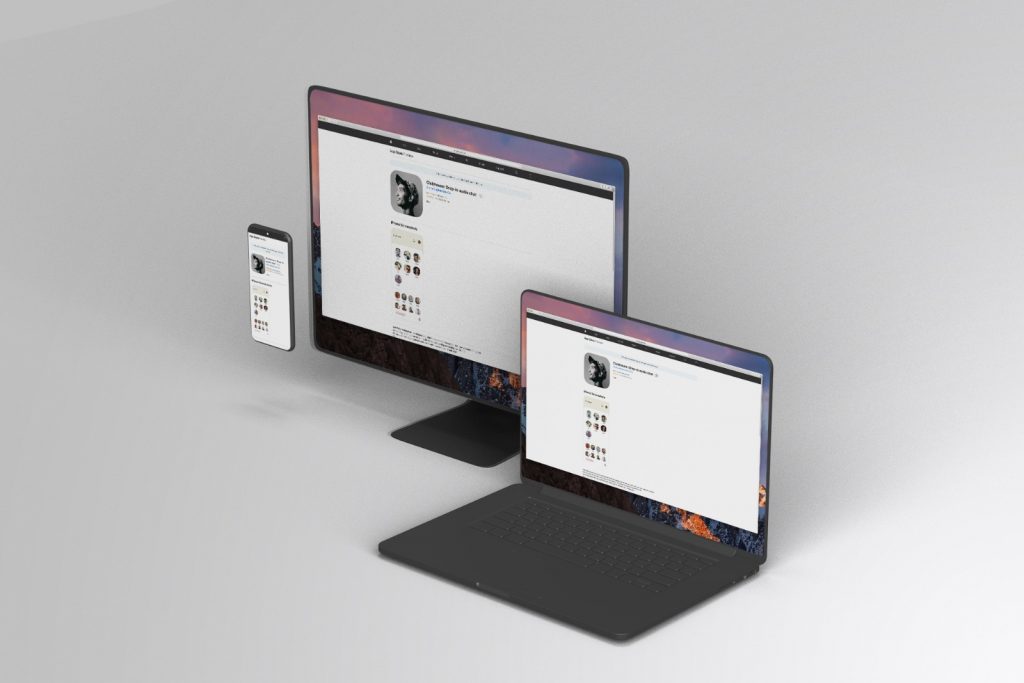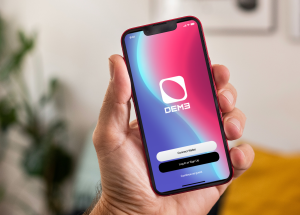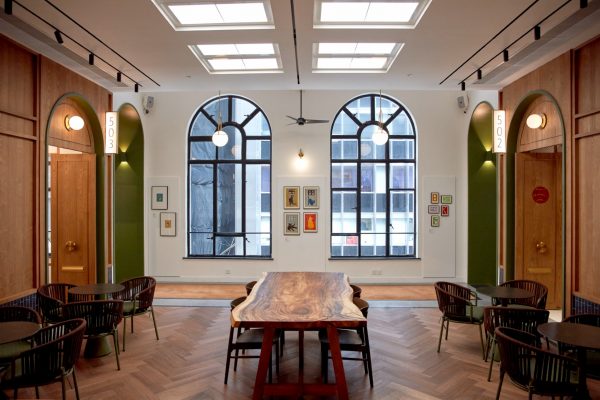
If you use a smartphone, you’ve likely heard something about Clubhouse, a popular app that’s gaining notoriety for its exclusivity, spontaneity, and interesting users.
Launched in March 2020, the San Francisco-based startup quickly became a buzzy new social media network when it first opened itself to select venture capitalists and Silicon Valley A-listers, much like a real-life clubhouse, with an invite-only system to boot. Generating headline-grabbing discussions between big-name participants, it soon secured a whopping US$12 million investment from Andreessen Horowitz after only two months of existence and 1,500 users.
As the user base reached far beyond the Valley, Clubhouse’s popularity increased globally: today it has over 6 million users, up from 600,000 in December 2020. The platform is now valued at US$1bn, making it a Unicorn startup, pulling the same ranks as established startups such as AirBnb, Uber and SpaceX.
So how does it work? Much like historic salons from centuries ago, the app features different rooms each focusing on a topic or theme. The range is enormous, from Arsenal Football Club to chefs speaking on the state of the restaurant industry. You have an overview of all the rooms available, searchable by category (location, language, special interest, etc.), as well as a list of people you’ve connected to personally with whom you can easily create a 1:1 or private room. You can also sign up to join recurring rooms through a calendar feature, a nice touch for avid users who want to build a real network on the app.
Since there is no video component, the only visuals you see on your screen are the profile pics of whoever is in the room. Users listen in on a conversation and can raise their hand to talk, or quietly leave to explore other rooms. When a user creates a room, they can designate who has the ability to speak in the room. As you can imagine, some rooms get heated with discussion depending on the subject matter.
A big part of the Clubhouse is its exclusivity: for now, you’ll need an invite to even download the app from the iOS store (yes, that’s right, the app is only available on iOS at the moment) but once you secure an invite, you get two additional invites and can earn more as you use the app.

At the start of this month, Tesla founder Elon Musk cemented Clubhouse’s new-found relevancy by hosting a chat with Vlad Tenev, of the now-controversial trading app Robinhood, a chat that was quickly maxed out to capacity and was later even live-streamed to YouTube. It definitely won’t be the last time Musk makes an appearance in the app: the outspoken founder has already tweeted at Russian president Vladmir Putin asking if he would join him for a conversation on Clubhouse in the future. So far, the Kremlin seems interested.
.@KremlinRussia_E would you like join me for a conversation on Clubhouse?
— Elon Musk (@elonmusk) February 13, 2021
было бы большой честью поговорить с вами
— Elon Musk (@elonmusk) February 13, 2021
In Hong Kong, Clubhouse was gaining traction in its own interesting ways. Within the region, it created a way for users in Hong Kong, Guangzhou, Taiwan, and for a moment, mainland China, to cultivate meaningful connections on a wide range of subjects. In recent weeks, sensitive topics such as Taiwan independence, Tiananmen Square, the treatment of Uigher Muslims, and US-China relations saw rooms swell to over thousands of users. Rare access to virtual spaces for discussing LGBTQ and feminism, subjects often censored in the mainland, sent curious users flocking to the platform with invites even being sold on Taobao.
“I am a mainlander feminist.I don’t take an interest in cross strait politics. But I wandered into a Taiwan/HK clubhouse &heard a TW woman speak my heart. It was hard for me to believe a Taiwanese stranger could know my thoughts so intimately.I wondered:what else have I missed?”
— Jiayang Fan 樊嘉扬 (@JiayangFan) February 9, 2021
For activists and observers outside of China, Clubhouse offered a rare opportunity for them to engage in genuine dialogue with people in China. The "Great Firewall" set up by the Chinese government often prevents such discussions from taking place.
— William Yang (@WilliamYang120) February 10, 2021
While Clubhouse has since been banned in mainland China, users are still finding ways to access it from behind the Great Firewall. Hong Kongers have started their own rooms in both Cantonese or English, and can be found in a number of rooms that demonstrate the variety of Clubhouse discussions, such as:
- Inside Asia: with 27,800 followers, this room focuses on politics, industries and issues impacting East Asia, led by notable media commentators such as Kaiser Kuo and Rui Ma
- Inner Peace: a space for sharing self-care tips with a guided meditation happening every Tuesday at 8:00pm Hong Kong time
- Lingo Lounge: a 17,000 user strong community practicing over 40 languages for all levels, from beginner to polyglot
- K-Dramatics: 4,000 drama fans discuss not only the top K-dramas, but J-dramas and C-dramas too
- Southeast Asia Tech Club: over 1,600 users from across Southeast Asia discuss entrepreneurship, tech trends and startups in region
The app continues to see major traction throughout Asia with Korean celebs and K-pop stars logging in, while even politicians in Japan are firing up the app.
With live events on hold for the time being, it makes a lot of sense that Clubhouse is doing so well. Best of all? You don’t have to be camera-ready.
Clubhouse is currently only available for iPhone users – download the app here.























































